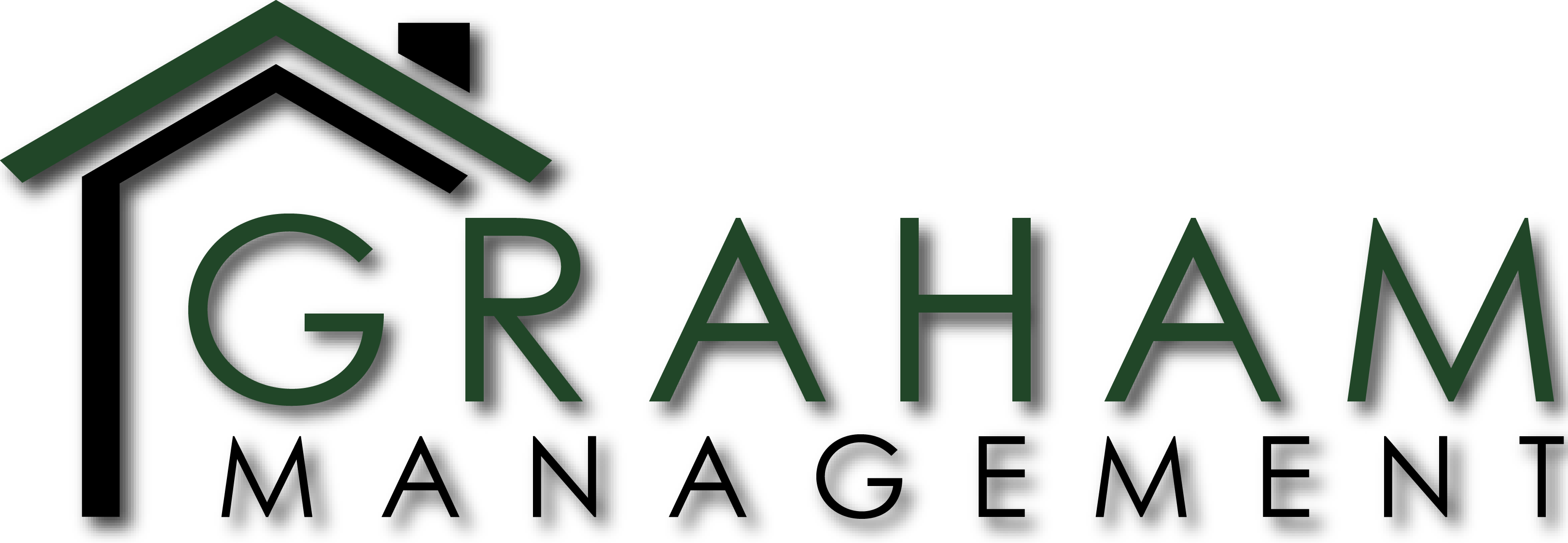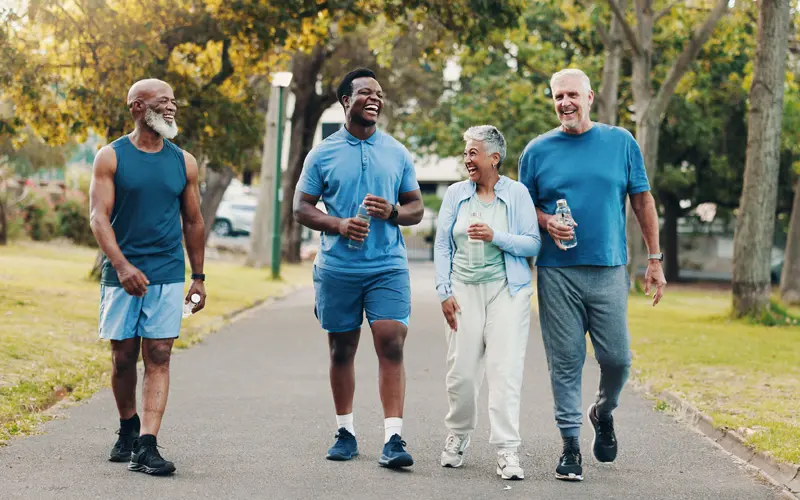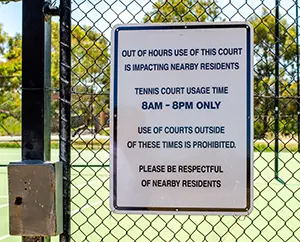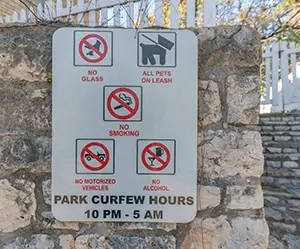The HOA common area rules help keep shared spaces clean, safe, and enjoyable for all residents. These rules support order and prevent misuse of facilities. Each association establishes its own policies in response to the community’s needs. To maintain good standing, residents must be aware of their rights and responsibilities.
What are HOA Common Area Rules?
Common areas are spaces within a community that all residents share. These can include parks, playgrounds, pools, walking trails, parking lots, fitness centers, and clubhouses. In condominiums, common areas often include hallways, lobbies, mailrooms, stairwells, elevators, laundry rooms, and shared walls or roofs.
Associations manage these spaces and create rules to govern their use. These rules are designed to promote safety, preserve property values, and ensure fair access. Some communities offer a wide range of amenities, while others provide a limited selection. The number of common areas can vary from one association to another, but the goal remains the same: shared spaces must benefit everyone.
Do Homeowners Need to Follow HOA Common Area Rules?
Yes, homeowners must follow HOA common area rules just as they follow rules for their private property. By living in an HOA or condo association, each owner agrees to follow the community’s governing documents. These include the CC&Rs, bylaws, and rules and regulations. When owners fail to follow these rules or violate them, they may face citations or fines.
Compliance is not optional. These rules apply equally to owners, tenants, and guests, including the board members themselves. Whether a person uses the clubhouse or walks a dog in the park, they are bound by the exact expectations. Boards have the authority to enforce these policies to protect the community.
Understanding HOA Common Area Policies
It is important to understand that HOA common area rules can vary, but most associations share similar objectives. These rules aim to support fair use and maintain peace in shared spaces. Here are the most common rules for HOA common areas.
1. Operating Hours and Seasonal Hours 
Many amenities operate only during certain hours. Pools, gyms, and clubhouses may be open from morning until dusk or later. Seasonal amenities, such as splash pads or outdoor fire pits, may be closed during colder months. These hours are in place for security, maintenance, and neighborly quiet.
Associations often post operating hours at the entrances of these areas. Residents should follow the posted times and avoid using facilities outside approved hours. Violating this rule may result in suspension of access privileges.
2. Use Restrictions
Use restrictions will vary by amenity. For example, residents may need to reserve the clubhouse in advance to host an event. Pools might require wristbands or entry fobs for access. Fitness centers may not allow unsupervised children to avoid injury.
These guidelines support the HOA’s responsible use of common areas and ensure that amenities serve their intended purpose. Boards can set clear expectations by publishing rules in newsletters or on bulletin boards.
3. Noise Restrictions
Noise is one of the top complaints in HOAs, especially in common areas. Loud music at the pool, shouting in the park, or loud group events — all of these things can cause a disturbance. To address this, HOAs typically adopt quiet hours or enforce general volume limits.
These HOA shared space rules can help protect the rights of all residents to enjoy peace and quiet. Residents should also be mindful of noise, especially in the evenings. Portable speakers, parties, or rowdy games should be kept under control.
4. Guest Policies
Most HOAs allow residents to invite guests to use amenities, but there are limits. Common policies include caps on the number of guests per household and requirements for adult supervision. Some communities also restrict guests during busy seasons to avoid overcrowding.
Guests must follow the same rules as residents. If a guest breaks a rule, the resident who invited them must usually answer for the violation. Boards may suspend access or impose fines for repeat violations.
5. Cleanliness and Upkeep
Homeowners share a responsibility to maintain the cleanliness of common areas. Although the HOA shoulders the burden of routine maintenance and repairs, residents should also be responsible for cleaning up after themselves in common areas. This includes picking up trash, returning furniture to its place, and wiping down shared equipment.
Leaving a mess is never acceptable. Picking up pet waste, throwing away wrappers, or cleaning up spilled food are all common practices for HOA common areas. HOAs may place trash bins and signage to remind residents of their duties.
6. Smoking and Alcohol 
Many associations ban smoking in common areas to reduce fire risks and health concerns. Others restrict alcohol use to specific events or prohibit it entirely. These rules apply to clubhouses, pools, and playgrounds.
Violations can result in removal from the premises or fines being imposed. If the association allows alcohol consumption during private rentals, the HOA may require a permit or security deposit. Clear signage and regular reminders will help the board enforce these policies.
7. Pet Rules
Pets can enjoy outdoor spaces, such as walking trails or grassy areas, but there are limits. Most HOAs require pets to remain leashed at all times in common areas. Owners must pick up waste and avoid areas where pets are not allowed.
Some associations also place restrictions on pet size, breed, or the number of animals allowed per household. Violations of pet policies may lead to warnings or suspension of access to shared areas.
8. No Commercial Activity
Common areas are not meant for business use. That means no selling products, hosting paid events, or holding commercial meetings without approval. Using the clubhouse for a fitness class or setting up a booth in the park may violate the rules.
These HOA clubhouse rules help keep shared spaces available for personal and social use. If commercial activity is allowed under special conditions, the board typically requires a reservation, insurance, or board approval. Again, violating such rules can lead to fines or suspension of privileges.
Who is Responsible for Common Area Maintenance?
The HOA is responsible for maintaining all shared spaces in the community. This includes landscaping, pool cleaning, pest control, lighting, safety inspections, and general upkeep. In condominiums, this also covers interior common areas such as hallways and elevators.
The board either hires vendors or delegates maintenance to staff or a management company. The funding for these tasks generally comes from association dues. If a resident or guest causes damage to a common area, the responsible party may be billed for repairs.
Residents play a crucial role in maintaining the area’s cleanliness and reporting any issues. If something is broken, dirty, or unsafe, residents should notify the board or manager right away. Such quick action can help prevent further damage or potential injury.
HOA Common Areas and the Americans with Disabilities Act
The Americans with Disabilities Act protects individuals with disabilities from discrimination. This law applies to HOAs and condos that operate common amenities or areas as a public accommodation. This means the space is open to the general public for use.
Certain situations may also render common areas as public accommodations:
- If the association allows the general public to use the facilities by buying passes or memberships;
- If the association allows clubs, church groups, or schools to use the association’s amenities or facilities regularly, and/or,
- If the association has a rental property on site that receives members of the general public regularly.
Understanding is Key
When it comes down to it, HOA common area rules are in place to protect shared spaces and enhance the overall living experience for everyone. By understanding what is allowed and what is not, residents can do their part. Similarly, board members can enforce the rules fairly and consistently.
Graham Management provides exceptional and reliable HOA management services to Houston communities. Call us today at (713) 334-8000, request a proposal, or contact us online to learn more!
RELATED ARTICLES:
- HOA And Police: Jurisdiction, Boundaries, And Cooperation
- Is Having A Sport Court In Backyards Allowed In HOAs?
- HOA Sidewalk Rules Explained: Rights And Regulations




